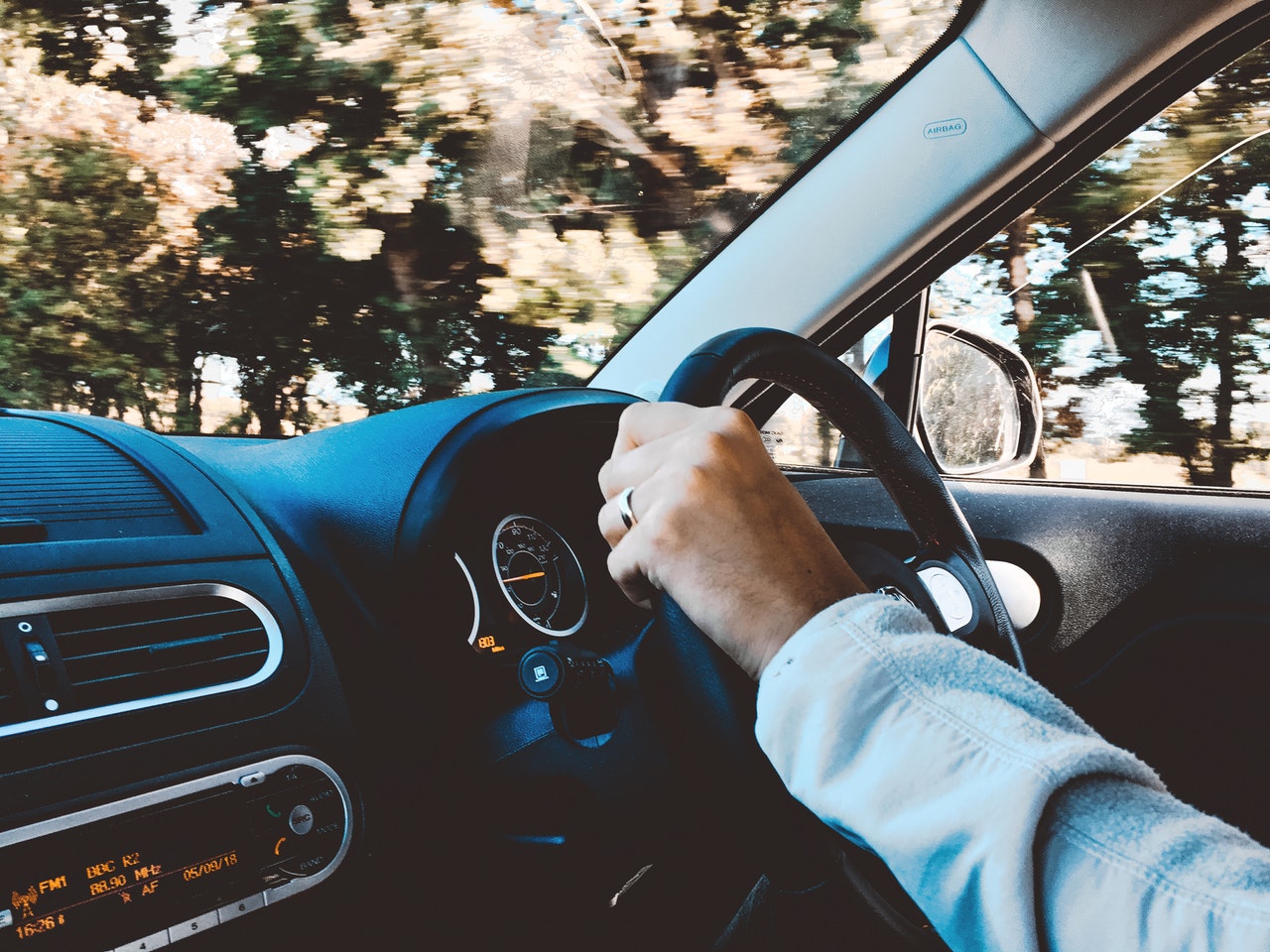Buying a car second-hand can be a great way of saving money and getting yourself a better vehicle than you would otherwise be able to afford. However, especially now that there is an entire market of apps, websites, and other services designed to facilitate the buying and selling of second-hand vehicles, the landscape has become very complicated for buyers.
If you don’t do your due diligence, you could end up with a vehicle that is very different from what you saw advertised. Fortunately, if you stick to some simple words of advice, then you can purchase a used car with confidence that it will work.
Make Sure That You Trust the Trader
It is important that you trust the seller of any vehicle that you are considering buying. This isn’t just about making sure that you get a good price; an unreliable or unscrupulous car trader can be a very dangerous thing indeed. For example, if you cannot trust the trader to give you accurate documentation and a proper history for your vehicle, you could end up with something that has not passed its MOT and is not actually in a roadworthy state.
Whether you are buying a car new or used, you need to be careful about who you are buying it from, but this is even more important when the car is used and therefore potentially in a worse state of repair than a new vehicle would be. Second-hand cars should always be cheaper than new cars, but always be wary of a deal that seems too good to be true. You can always buy a car that is in a state of disrepair with the intention of fixing it up yourself, but you don’t want to buy what you think is a working car only to then discover that it needs extensive repairs.
Many people prefer to use registered dealers for second-hand vehicles. These are dealers who are authorised by car manufacturers to resell vehicles on their behalf. Their registration is like a stamp of approval and you can often enjoy some extra protections that most second-hand car owners don’t get. For example, if you are in the market for a used Mercedes, you can find used Mercedes here, through L&L Automotive. L&L Automotive has an extensive range of both new and used Mercedes models.
Avoid Auctions
Auctions have started to gain something of a reputation as an arena in which the cheapest of cheap deals for cars can be found. However, any experienced car dealer will tell you that you should avoid auctions like the plague. Auctions are by far the riskiest way of purchasing a new car, and you won’t be entitled to any of the usual financial or legal protections that you get when buying a car through other means.
One case in which an auction can be a good idea is if you are buying a vehicle purely with the intention of breaking it down or salvaging it for parts. In these cases, an auction can enable you to get what you need at the best possible price. However, you should always be hesitant about using an auction to purchase a vehicle for general daily use.
Check Out the Car’s History
There are some simple checks that you can do when purchasing a second-hand car that will greatly reduce the chances of any nasty surprises after the purchase. Performing some basic background checks will also alert you as to whether the car has been acquired illegally or has already undergone major repairs to fix a serious issue. You can also check whether the current owner still owes money on the car.
Carrying out these checks is quick and simple; here’s what you need to do.
Check Its History with the DVLA
The DVLA holds records about every vehicle in the UK and should be your first port of call when you are checking out a vehicle’s history. The DVLA has a free online vehicle information checker that makes it easy to cross-reference what a seller tells you with the DVLA’s own records.
You should ask the seller for the car’s registration number, its latest MOT test number, the current mileage it has accumulated, and to clarify both the make and the model. You can then check all this information against the DVLA records through their online tool.
If there are minor inconsistencies in the record, you can ask the seller to clarify. In some cases, it may be a simple error or misunderstanding, but if there are major inconsistencies, then this should raise red flags.
MOT History
Vehicles in the UK are required to undergo regular MOT tests to ensure that they remain roadworthy. You should always carefully check the MOT records of any vehicle that you are purchasing second-hand. You can use the following free online tool in order to check the MOT history of any UK vehicle.
If you have any doubts at all about the MOT history of a vehicle you are being sold, you should back out of the deal immediately and consider reporting it. A vehicle with a falsified MOT history can represent a serious threat both to the driver and to anyone else on the road around them.
As long as you are careful about who you purchase from, buying a second-hand car doesn’t have to be a difficult experience. It is easy to get stung, but as long as you are willing to check out the seller and vehicle beforehand, you should be able to avoid any nasty surprises.



 Bitcoin
Bitcoin  Ethereum
Ethereum  Tether
Tether  XRP
XRP  Solana
Solana  USDC
USDC  TRON
TRON  Cardano
Cardano  Lido Staked Ether
Lido Staked Ether  Avalanche
Avalanche  Toncoin
Toncoin